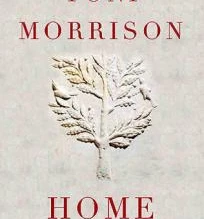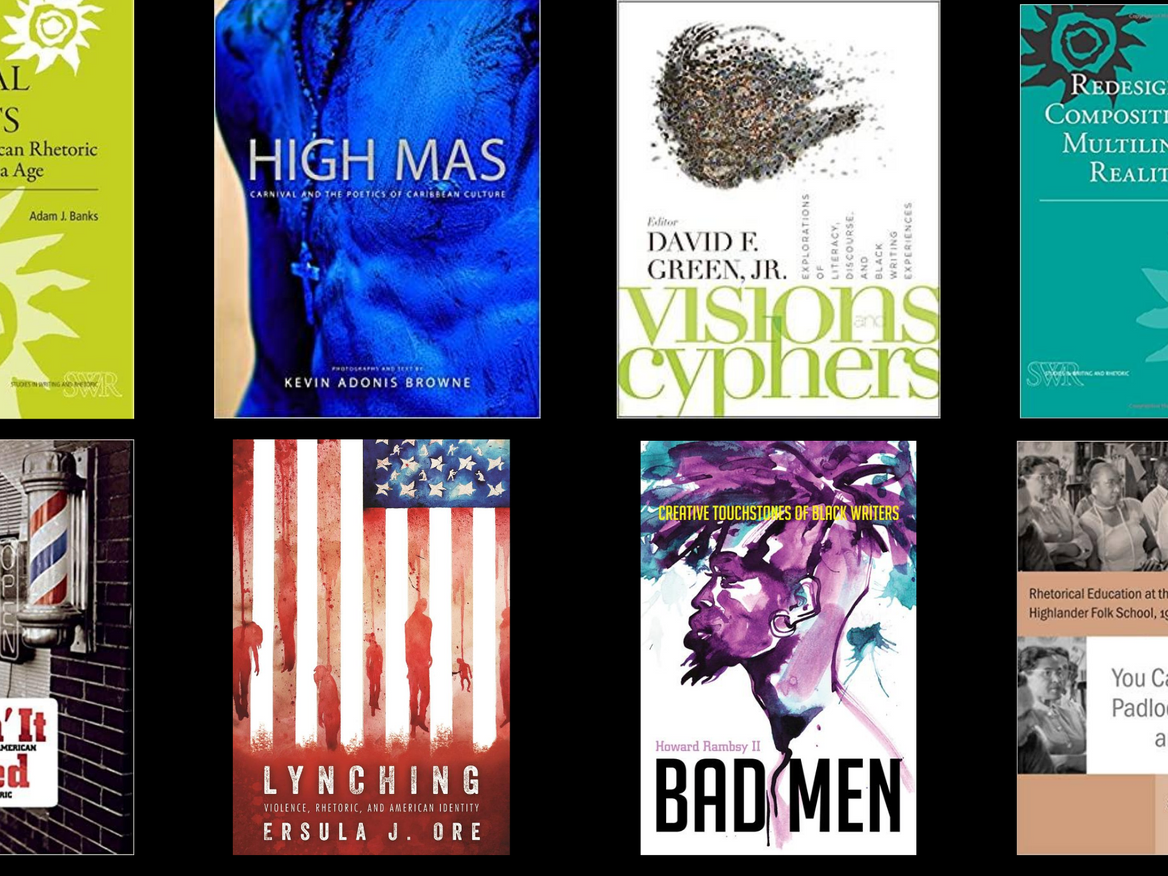Frank Money, despite his name, contends with more misfortune than any of Toni Morrison’s major male characters. There is the KKK-style barbarism to flee from in Texas, the vicious White supremacy in Georgia, and the savagery of the Korean War. But Frank, like Sethe in Beloved, is haunted by his own murderous action. His mental stability can be conveniently understood as post-traumatic stress disorder, but his condition is shaped at least as much by shame and guilt connected to his slaying of a Korean girl as by his prolonged exposure to deadly battle. If there is to be a home for Frank, it has to be a psychological space of, yes, frank reckoning. Whether he possesses the clarity of mind to reach that space is a compelling mystery.
Things begin bleakly for Frank. He is on a psychiatric ward in Seattle not sure how he got there. He has short-term amnesia. Regardless, he plots an executes an escape so that he can travel to Georgia to save his sister Cee, four years his junior, the one person for whom he has always felt responsible. A letter stated, “Come fast. She be dead if you tarry.” He has become separated from the money given to him by his girlfriend Lily, who has witnessed his struggle with anxiety and alcoholism, his aimlessness and inability to hold a job, his catatonic stares, and his seemingly irrational outbursts. With Lily, Frank erroneously believed that he had landed emotionally: “I felt like I’d come home.”
Riding the Stories and Songs
A network of strangers steers him from Seattle to Atlanta and on to his physical hometown of Lotus, Georgia. Along the way, he recalls a number of key episodes and uses the narratives he constructs to wrestle with his demons, one of which is an apparition dressed in a zoot suit. Although the vision is unwelcome, Frank decides that it is better than others he has had such as his hallucination that birds and dogs were feasting on the remains of his fellow soldiers, a sight he saw while sitting on a park bench.
Frank recounts the deprivation of positive stimulation in his childhood Lotus, which he labels “the worst place in the world.” According to his assessment, “There was no goal other than breathing, nothing to win and, save somebody else’s quiet death, nothing to survive or worth surviving for. If not for my two friends [Mike Durham and Abraham “Stuff” Stone] I would have suffocated by the time I was twelve.” He allows, however, that Cee also had been part of the reason that he could tolerate the powerlessness and dysfunction in Lotus as long as he did. And only the plight of his sister could motivate him to return.
On the train from Chicago to Atlanta, Frank once again scrolls through “unregulated memories” stemming from the horrors of the Korean War. This time he experiences an epiphany: “[He] suddenly realized that those memories, powerful as they were, did not crush him anymore or throw him into paralyzing despair. He could recall every detail, every sorrow, without needing alcohol to steady him.” Frank wonders if his improved mood results from the fact that lately he has refrained from drinking. Perhaps that’s the case if sobriety directly facilitates the type of self-therapy on which Frank has embarked. He is empowered enough to repair his story. As he continues to avoid alcohol and becomes more analytical, he stops seeing ghost and having nightmares.
To be anticipated in a Morrison novel, Frank is spurred along by song, favoring bebop because he felt it was the only language, along with scat, that could articulate the post-Hiroshima postmodern condition. The sounds of a jazz trio—trumpeter, pianist, drummer—draw him into a club, where he stays until closing time. During the night, one performer delivers a scat that buoys an appreciative audience, including Frank. This is after she departs from the opening bars of the pensive, Hoagy Carmichael-Johnny Mercer jazz standard “Skylark,” made popular at that point by the likes of Earl Hines, Billy Eckstine, and Erroll Garner and later recorded by Carmen McCrae, Art Blakey, Freddie Hubbard, Aretha Franklin, Ella Fitzgerald, and Cassandra Wilson, among others. A few hours after leaving the club, Frank succeeds in rescuing Cee from the clutches of Dr. Beauregard Scott, a sinister doctor obsessed with the workings of her womb, who has confined and damaged her and left her clinging to life. The siblings return to Lotus for the first time since their departures, his for the army, hers as a fourteen-year-old bride in a disastrous marriage.
Renewal
Cee eventually recovers physically and psychologically under the watch of the town’s people. She strives to become the “person who would never again need rescue.” For his part, Frank continues his therapeutic process, inspired by the safety of the village and the resilience of Cee. However, he will remain blocked in his quest to become fully functional without a totally truthful confrontation with himself. He admits that his “big-time mourning” for dead American soldiers masked in his mind his role in the death of the Korean girl. He had attempted to let himself off the hook, but the mind would never completely cooperate. That fact, not the fallen soldiers, was the root of his personal and social failings. He had been impaled within. As he finally grasps, “Now the hook was deep inside his chest and nothing would dislodge it. The best he could hope for was time to work it loose. Meantime there were worthwhile things that needed doing.” If there is to be a home, it is to be within him, an equilibrium that yet contains evil and shame along with good. For inner peace, all wounds will have to be reconciled. Can Frank accomplish the feat? How is he to be a man?
To model the quest for balance, Frank takes Cee on a walk to claim the bones of a Black man they had seen being buried years before by White-supremacist killers. Cee’s whole body had begun to shake at the site. A protective Frank thought he could handle the event but now knows it affected him in ways that he cannot absolutely detail. Warped circuitry can be almost impossible to untangle. But Frank also knows, as does Cee, and Pilate for sure in Song of Solomon, the importance of proper burial. They retrieve the remains, wrap them in a quilt made by Cee—quilt being a metaphor for community embrace—and bury them at the foot of the bay tree, a community landmark. During their ceremony, Cee thinks she spots someone across the stream, the guy in the zoot suit from Frank’s delusions. Frank looks but doesn’t see him.
Lotus, in the end, is maybe a magical place. It takes its name from the miracle flower, sacred in several cultures, which blooms anew each day after nightly submergence in muddy waters. It signals renewal.





